Science Talk
With our Science Talk blog, we hope to lift the lid on the black box that is the ICR: to show you inside our labs, to introduce you to a few of the people here who make the discoveries, and to allow them to tell some of the stories behind the science. We try to put our discoveries in a wider scientific context, and give an idea of how our science is actually done. We also give you the view from the ICR of important developments in the wider world of cancer research.
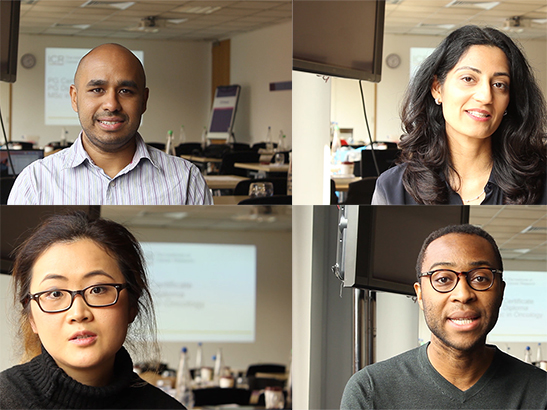
What is it like to study at the ICR? We speak to some of our amazing students to find out
Our students are an integral part of our mission to 'make the discoveries that defeat cancer' and will form the next generation of cancer researchers. We explore our reputation for academic excellence and speak to several of our students to find out why they chose to study at the ICR.
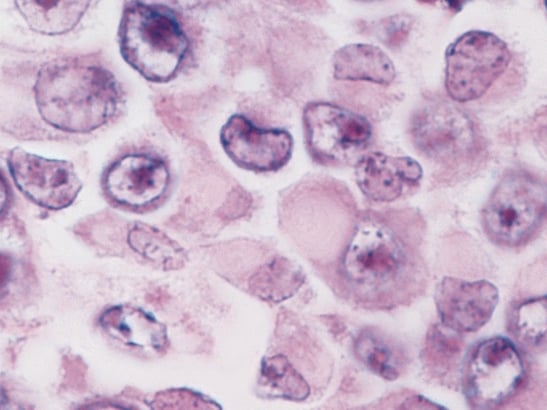
Cancer type matters: zooming in on the response to gene-targeted drugs
Drugs designed to target particular gene faults can kill cancer cells while leaving healthy cells alone. These kinds of smarter, kinder therapies have revolutionised cancer treatment. But a new study found that the response to drugs targeting the same fault can vary between tumour types. Sarah Wells asks how this news could change the way we think about precision medicine.
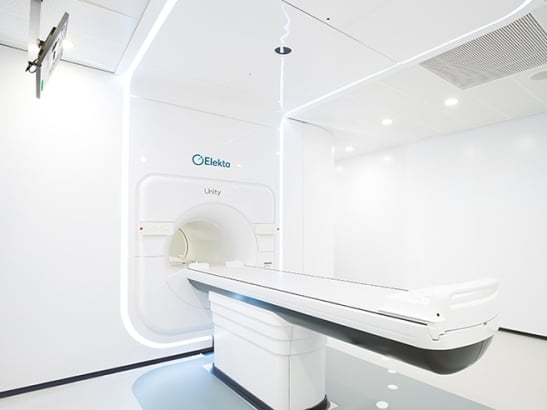
MRI is changing radiotherapy – and the role of all who deliver it
Sophisticated technologies like the MR Linac are targeting radiation precisely at tumours – guided by a new generation of clinicians trained up in the latest research advances.

ICR scientists put melanoma under the microscope for BBC documentary
Earlier this year, ICR researchers were given a unique opportunity to image a primary tumour from a patient and discuss it with them as part of a documentary for BBC Four, airing on Monday 24 June at 9pm. Here, we show some of the amazing images they produced and explain how their related research is advancing our understanding of melanoma.
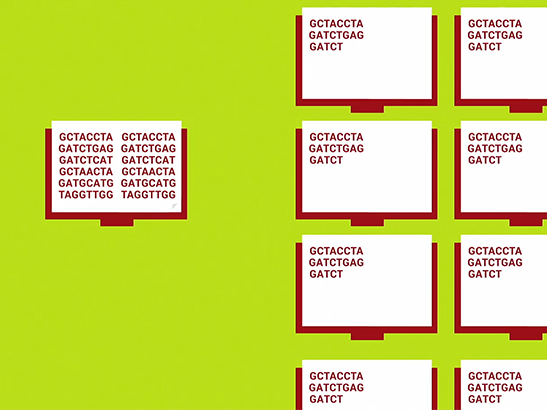
Dr Gideon Coster on cancer DNA and why he chose the ICR to study it
After his recent move to the ICR, we spoke to Dr Gideon Coster to find out more about how his research into DNA replication – and when this goes wrong in cancer – could lead to new drug targets.

ASCO 2019: ICR research makes waves at world’s largest cancer conference
Tens of thousands of researchers were in Chicago to hear about the latest developments in cancer treatment – many of them involving the ICR. Sarah Wells looks back at this year’s edition of the biggest event in the cancer research calendar.

Investing in our future means both great facilities and great people
The ICR is investing £75 million in creating a state-of-the-art Centre for Cancer Drug Discovery on our Sutton site. That presents a huge opportunity to attract the best researchers and students, Registrar and Director of Academic Services Dr Barbara Pittam argues.

ASCO 2019: Patients put at the forefront for world’s largest cancer conference
On 31 May, world-leaders in cancer research will be gathering in Chicago for the 2019 ASCO Annual Meeting. ICR researchers will be amongst those presenting their groundbreaking research at the world’s largest cancer conference, which is focusing on ‘Caring for Every Patient, Learning from Every Patient’.
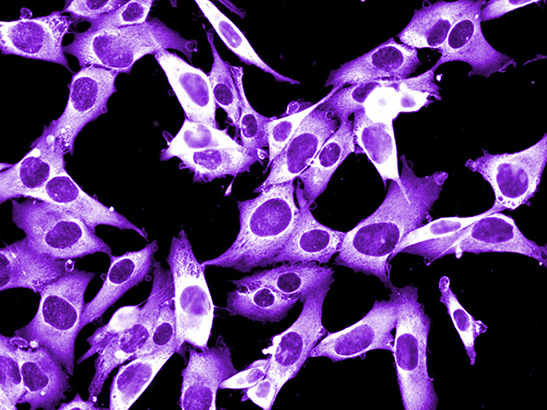
Melanoma Awareness Month 2019: A personal look behind the scenes of our melanoma research
Patient advocate Debbie Keynes, who was diagnosed with melanoma in April 2016, visited the ICR to meet with researchers who are developing new techniques to advance the diagnosis of melanoma to help patients and GPs.
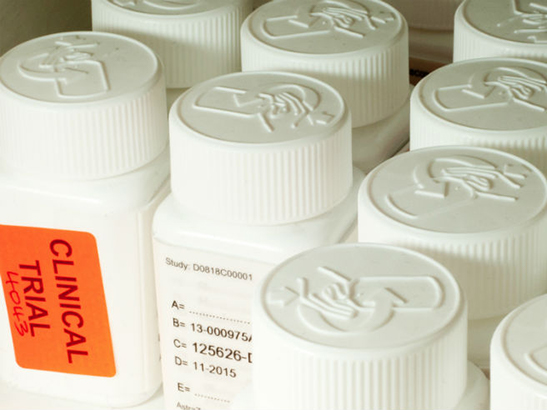
International Clinical Trials Day: An inside look at clinical trials at the ICR
Today, on Monday 20 May, scientists around the world are celebrating International Clinical Trials Day. Here we take a look at just a few of the clinical trials being conducted by The Institute of Cancer Research.

Mental Health Awareness Week: Why a black dog visit is making our staff think about happiness and wellbeing
This week is Mental Health Awareness Week. Here at The Institute of Cancer Research, mental health and wellbeing in the workplace has been an important topic of conversation for staff and students over May, as we welcomed the charity SANE’s Black Dog statue campaign to our Sutton and Chelsea campuses as part of a month-long residency.

Can we cure cancer? Nine challenges scientists say we need to overcome
Our Head of Content and Partnerships, Henry French, introduces some of the issues that cancer researchers are considering in the search for cancer cures.
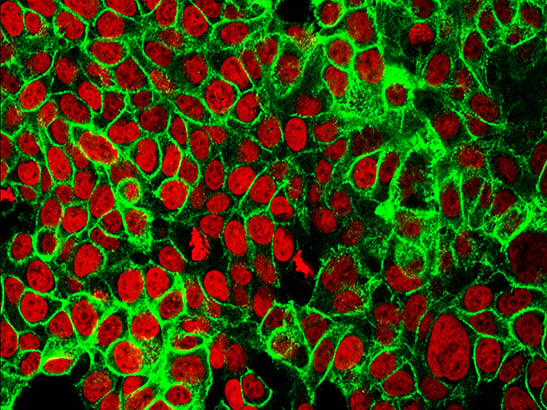
Bowel Cancer Awareness Month 2019: Six advances in bowel cancer research
There are over 40,000 new cases of bowel cancer in the UK each year and April is Bowel Cancer Awareness Month. Our Digital Communications Intern Liz Partridge looks back at six noteworthy advances in bowel cancer research involving the ICR.

When it comes to cancer, how does alcohol compare to smoking?
New research into the link between alcohol consumption and cancer tries out a new way of getting the message to hit home.
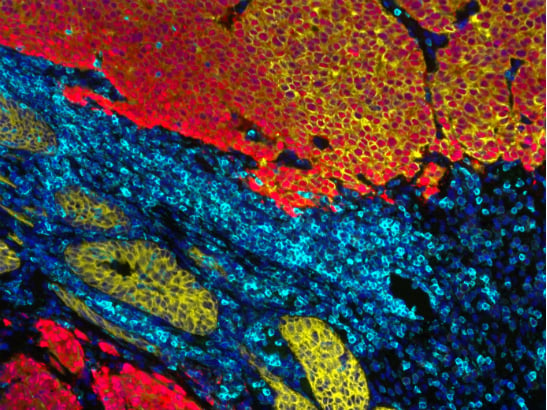
Prostate Cancer Awareness Month 2019: Six of the latest advances in prostate cancer research
March is Prostate Cancer Awareness Month – and our researchers are renowned for their success in improving treatments for men with prostate cancer. Web Editor Dave Morgan takes a look back at some of the progress made in prostate cancer research at the ICR over the last 12 months.
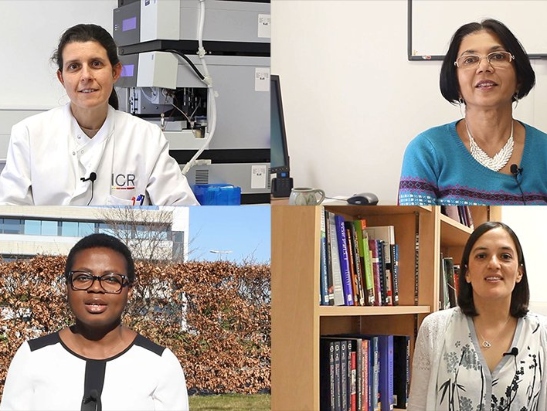
Supporting women in science: International Women’s Day
This International Women’s Day, Rose Wu speaks to our researchers to find out more about some of the work taking place across the Institute of Cancer Research to support women across different stages of their research careers.

Knowledge of BRCA2 gene is power
This week marks 25 years since our researchers discovered the BRCA2 gene. Our Cancer Stories Officer, Lydia Brain, spoke to Davina Gardner – a survivor of ovarian and breast cancer – about being a BRCA2 gene mutation carrier and how it has affected her and her family.
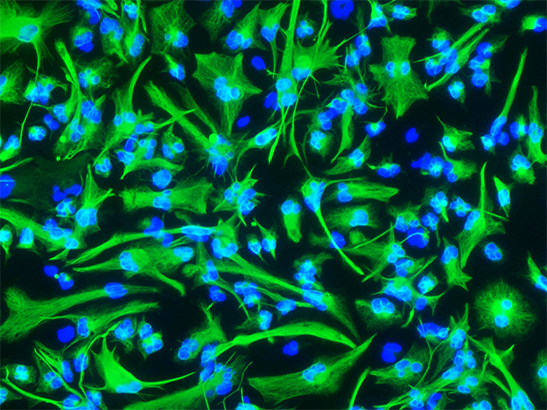
Rare Disease Day 2019: What makes a cancer rare and how can research help?
On 28 February organisations around the world will be working to raise awareness of rare diseases for Rare Disease Day. Tilly Haynes looked into what qualifies as a rare cancer, and how researchers at The Institute of Cancer Research, London, are working on some of them.
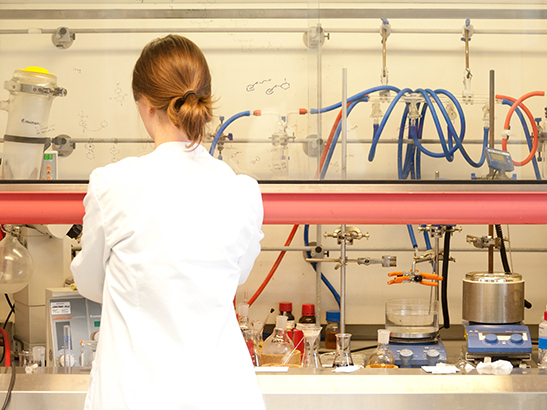
A summer with the ICR – one student’s experience at the forefront of cancer research
Every year the ICR takes on undergraduate students as part of our 2019 Summer Vacation Scholarship Scheme. These summer studentships involve students working in our research labs and contributing to valuable cancer research. Tilly Haynes spoke to one summer student, Isabelle Atkins, about her experience and her success as first author of a paper in Cancer Research.
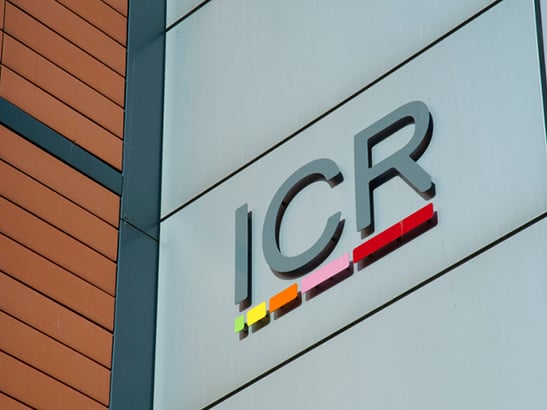
From old science to new science - 110 years of cancer research
The Institute of Cancer Research, London, has been conducting world leading research since we opened our doors as The Cancer Hospital Research in 1909. Our former Digital Communications Intern, Francis Newman, takes a look at five of the major advances that took place here during the 20th century, which now form the basis of much of the work done by modern cancer researchers worldwide.